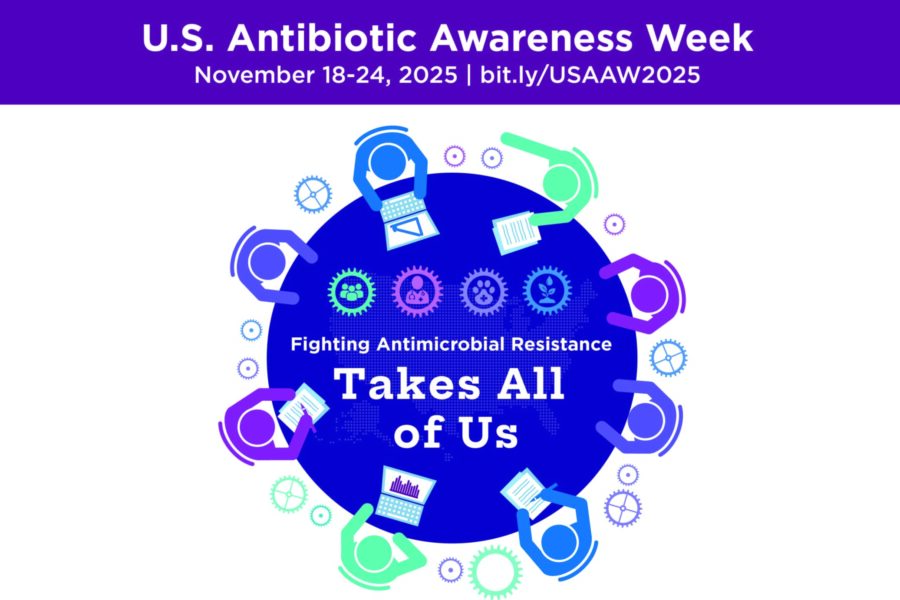Antibiotics are life-saving when used appropriately, but they do not treat viral infections like colds, influenza, or COVID-19. Despite this, inappropriate prescribing remains common in outpatient settings. Studies show that nearly 30% of outpatient antibiotic prescriptions are unnecessary (CDC). Every unnecessary prescription increases the risk of antimicrobial resistance (AMR), adverse drug reactions, and Clostridioides difficile infections. Diagnostic stewardship, using evidence-based tools and tests to guide prescribing, is essential for clinicians to ensure antibiotics are reserved for bacterial infections.
Why Rapid Diagnostics Are Critical
Rapid diagnostics are a cornerstone of antimicrobial stewardship because they:
- Reduce unnecessary antibiotic use: Quickly confirm viral vs bacterial infections, preventing “just in case” prescribing (Infection Control Today). [infectionc…ltoday.com]
- Optimize therapy early: Traditional cultures take 24–72 hours; rapid tests allow targeted therapy sooner and support de-escalation (Clinical Infectious Diseases). [academic.oup.com]
- Improve patient outcomes: Accurate, timely results mean appropriate treatment without delay and fewer adverse effects (American Pharmaceutical Review). [americanph…review.com]
- Support stewardship programs: Provide actionable data for antibiotic time-outs and audit-feedback initiatives (CDC Diagnostic Stewardship Toolkit). [reach.cdc.gov]
Examples of Rapid Diagnostics:
- PCR panels for respiratory pathogens, blood cultures, meningitis panel
- Rapid strep tests
- Point-of-care influenza, COVID-19, and RSV assays
Learn More:
Check out some of our UNMC ID Faculty members scholarly work on diagnostic stewardship:
- Principles of diagnostic stewardship: A practical guide from the Society for Healthcare Epidemiology of America Diagnostic Stewardship Task Force | Infection Control & Hospital Epidemiology | Cambridge Core (Trevor Van Schooneveld, MD)
- Stewardship of Metagenomic Seq… ‑ The SHEA Podcast ‑ Apple Podcasts (Trevor Van Schooneveld, MD)
- The Next Frontier: Rapid AST to Optimize Care of Patients With Bloodstream Infections | CCO (Jasmine Marcelin, MD)
- Every Crisis Is an Opportunity: Advancing Blood Culture Stewardship During a Blood Culture Bottle Shortage | Open Forum Infectious Diseases | Oxford Academic (Jonathan Ryder, MD, Trevor Van Schooneveld, MD)
